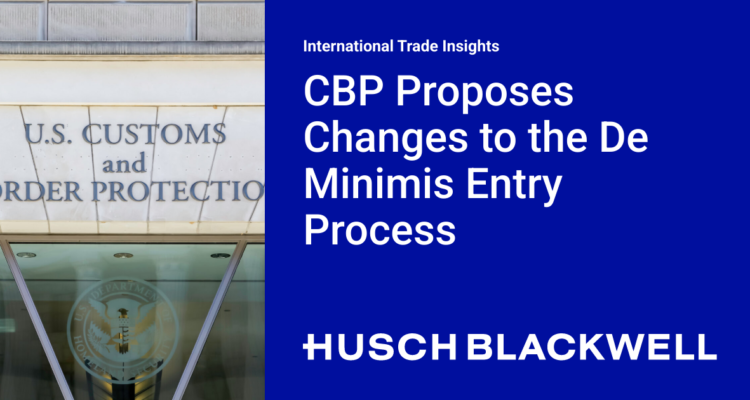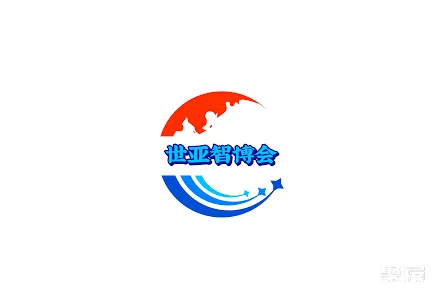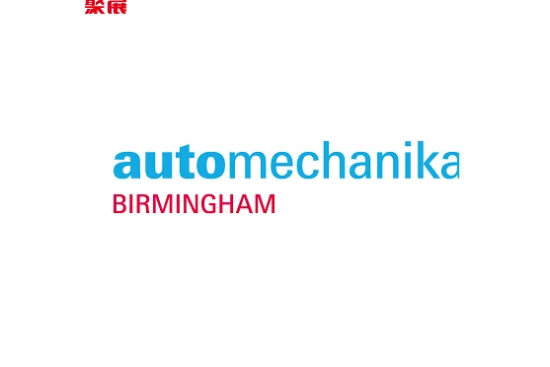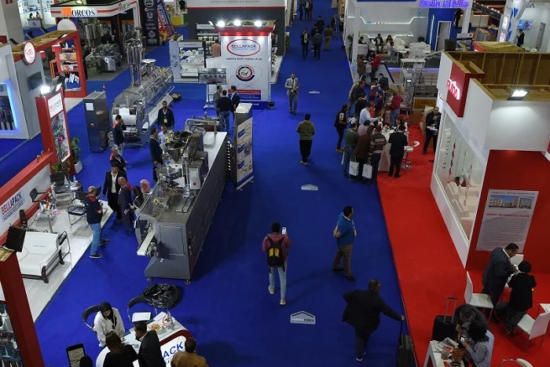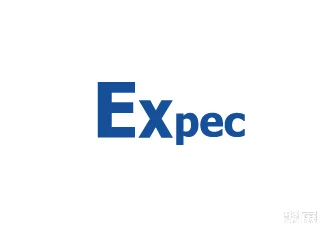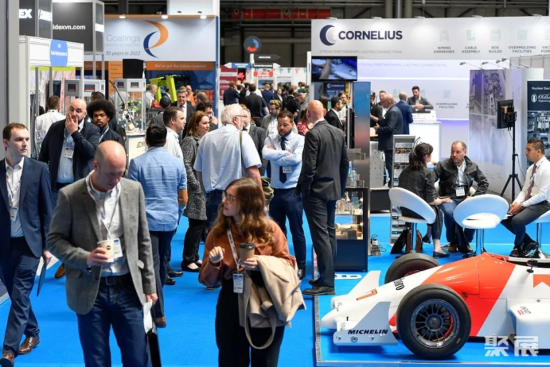CBP proposes changes to minimum entry process
U.S. Customs and Border Protection (CBP) issued a notice of proposed rulemaking on January 13, 2025, to update the de minimis transportation rule. The public can comment on the proposed rule until March 17, 2025. CBP outlined three reasons for updating the de minimis rule. First, individuals and entities are exploiting loopholes found in the old system. U.S. Customs and Border Protection (CBP) is aware of individuals importing multiple shipments at less than the de minimis threshold to evade duties and taxes; small businesses having employees pick up de minimis packages on behalf of the business; second, due to the 2016 minimum threshold The limit threshold is set at $800, and the number of packages imported every day is too high for CBP to effectively monitor. Finally, the technology available to CBP and other customs authorities around the world is much more advanced than when the rule was originally written. The proposed changes are designed to address each of these…
Understanding the new steel import regulations: What you need to do
In order to more strictly regulate steel imports, the U.S. government has proposed new requirements that will affect importers of steel and its derivative steel products. Effective November 21, 2024, importers must comply with specific reporting requirements regarding the origin of their steel products, specifically imports of steel and steel derivatives originating in Mexico. Major changes in steel import tariffs Announcement No. 10783 takes effect on July 10, 2024, imposing an additional 25% tariff on certain steel products imported from Mexico. As part of the new tariff regime, importers must report "melt and dump" origins. Importers will now be required to track, identify and provide the country of melting and pouring for imported steel products from all countries and for derived steel products imported from Mexico. A "melt and pour country" refers to a place where crude steel is first produced in a liquid state and then cast into its initial solid state. The starting solid may be in the…

